This article was medically reviewed by Daniel Wozniczka, MD, MPH. Dr. Wozniczka is an Internal Medicine Physician, who is focused on the intersection of medicine, economics, and policy. He has global healthcare experience in Sub Saharan Africa, Eastern Europe, and Southeast Asia. He serves currently as a Lieutenant Commander in the U.S. Public Health Service and a Medical Officer for the Epidemic Intelligence Service in the CDC. He completed his MD at Jagiellonian University in 2014, and also holds an MBA and Masters in Public Health from the University of Illinois at Chicago.
wikiHow marks an article as reader-approved once it receives enough positive feedback. This article has 22 testimonials from our readers, earning it our reader-approved status.
This article has been viewed 1,717,415 times.
Fluid retention occurs when your body stores an unnecessary amount of water. Retention can feel uncomfortable and can cause your body to look puffy or bloated, especially around the face, hands, abdomen, breasts, and feet. There are multiple ways to treat fluid retention, but it is crucial to see your doctor and find out what is causing your fluid retention first. If you're taking a medication which causes you to retain fluid, speak with your doctor about reducing this side effect.
Steps
Addressing Medical Concerns Surrounding Fluid Retention
-
1See your doctor. The first thing you should do if you are retaining fluid is to see your doctor. Your doctor can perform a physical exam and tests to determine the cause of your fluid retention. There are many different conditions that can cause fluid retention including:[1]
- A heart condition, such as heart failure or cardiomyopathy
- Kidney failure
- Underactive thyroid
- Cirrhosis of the liver
- An issue with your lymphatic system
- Deep vein thrombosis
- Excess fat in your legs
- A burn or other type of injury
- Pregnancy
- Being overweight
- Being undernourished
-
2Investigate hormones as a potential cause. For women, it's not uncommon to experience some water retention in the days leading up to your period, due to hormonal shifts within the body.[2] Birth-control medication can also cause fluid retention. So can any other type of medical hormonal treatment, including hormone replacement therapy.
- If you're experiencing fluid retention leading up to your period, the retention will likely end shortly after your cycle has concluded.
- However, if the retention is uncomfortable or persistent, a doctor may prescribe you a diuretic. This pill will increase water processing through your body and let you pee out the fluid that you've retained.[3]
Advertisement -
3Ask your doctor about side effects of medication. If your diet is healthy and you do not lead a sedentary lifestyle, your fluid retention could be a side effect of one or more medications you're currently taking. If your body continues to retain fluid for more than a few days, schedule an appointment and speak with your doctor regarding ways to reduce fluid retention as a medication side effect. Medications most likely to cause water retention include:[4]
- Antidepressants
- Chemo therapy medicine
- Some pain relievers
- High blood pressure medications
-
4Ask your doctor if you could be experiencing heart failure or kidney failure. Both of these serious medical conditions can cause the body to retain fluid.[5] In these cases, fluid retention is sudden and severe: you'll notice a palpable, rapid change and a large amount of fluid being retained, especially in the lower portion of your body.
- If you're concerned about heart failure or kidney disease, contact your doctor as soon as possible. These are potentially life-threatening conditions, and the sooner a doctor can diagnose heart failure or kidney disease, the more effectively they can be treated.
Decreasing Your Fluid Retention
-
1Walk and move around through the day. For individuals who lead a largely sedentary lifestyle, or anyone who works at a job which requires them to remain seated for multiple hours, gravity can draw fluids into the lower extremities of your body. This can lead to water retention in your feet, ankles, and legs. Avoid this by walking frequently throughout the day. Keep your blood circulating, and your lower extremities will not retain water.[6]
- This also occurs during long plane rides, during which passengers remain immobile for many hours.
- If you're on an international flight, plan to stand up and stretch or walk around at least a few times.
-
2Elevate and compress swollen extremities. If you're concerned that you may be retaining water in your feet, ankles, and lower legs, you can elevate the swollen parts of your body. This will let gravity drain some of the retained fluid from your feet and allow fluid to distribute through your body.[7]
- For example, if your feet are swollen in the evening, recline on a sofa or bed with your feet on a pillow.
-
3Wear compression stockings. If you find that your feet and ankles regularly retain fluid while you are sitting down or standing—for example, at work—you can purchase a pair of compression support stockings. These exert pressure on your feet and lower legs, and don't allow fluid to build up in these areas.[8]
- Support socks or tights are relatively common. You should be able to purchase a pair at your local drug store.
Warnings
- Do not consume large amounts of water to treat fluid retention if you have chronic liver problems. Consult your doctor if you have liver problems, or believe you may have liver problems and are experiencing fluid retention in your abdomen or other parts of the body. Water consumption can have a negative effect on organs trying to process excess fluid in the body already.⧼thumbs_response⧽
References
- ↑ https://www.healthdirect.gov.au/fluid-retention
- ↑ https://www.betterhealth.vic.gov.au/health/conditionsandtreatments/Fluid-retention-oedema
- ↑ https://patient.info/health/idiopathic-oedema
- ↑ https://www.betterhealth.vic.gov.au/health/conditionsandtreatments/Fluid-retention-oedema#causes-of-fluid-retention
- ↑ http://www.aafp.org/afp/2005/0601/p2111.html
- ↑ https://www.betterhealth.vic.gov.au/health/conditionsandtreatments/Fluid-retention-oedema
- ↑ https://my.clevelandclinic.org/health/diseases/12564-edema
- ↑ https://my.clevelandclinic.org/health/diseases/12564-edema
About This Article
Fluid retention can make you feel uncomfortable and can cause your body to look puffy or bloated. Before you treat it, visit your doctor to make sure it’s not a symptom of a medical condition. To reduce fluid retention, walk around throughout the day to keep your blood circulating. If you have swollen legs, prop your feet up on a pillow to drain some of the fluid. Wearing compression stockings also helps with swollen feet and ankles. To learn how to figure out if hormones are causing your fluid retention, read more from our Medical co-author.
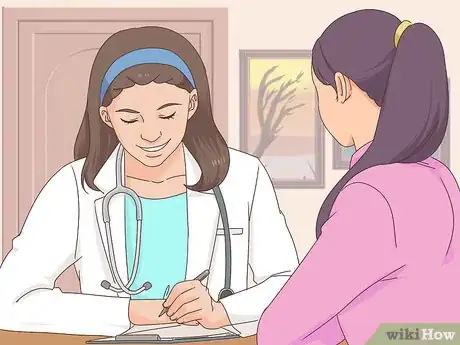

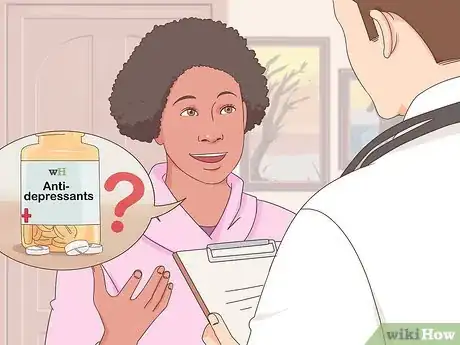
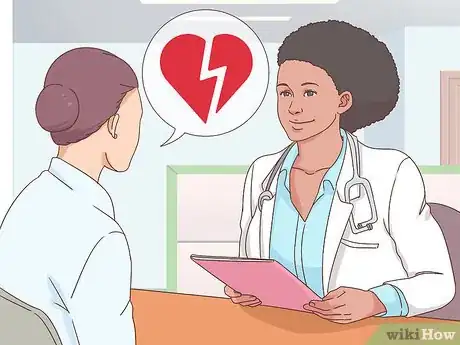
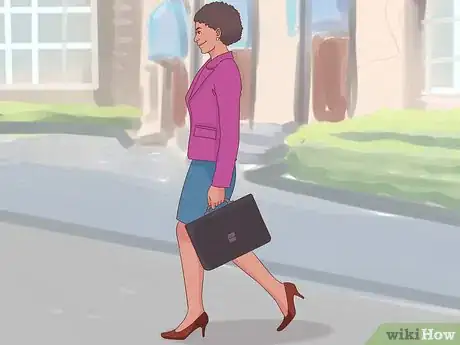
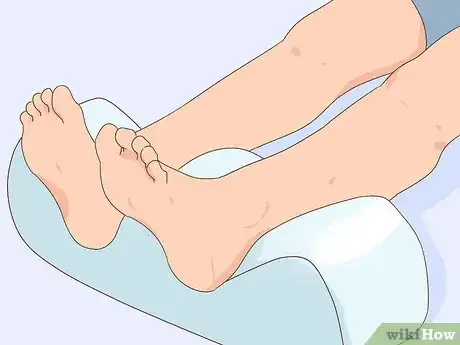
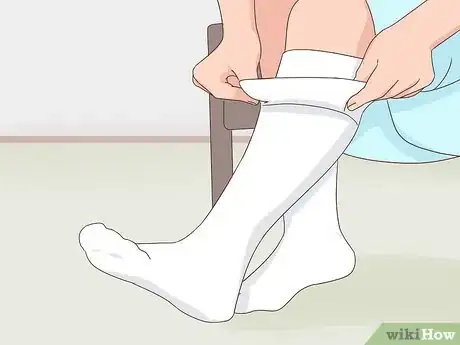
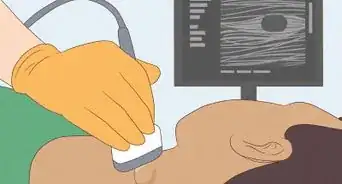
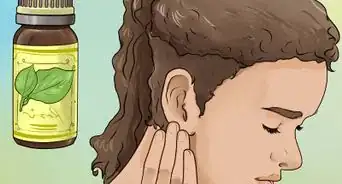


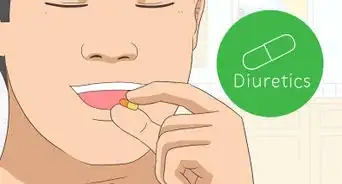

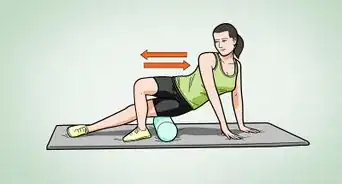




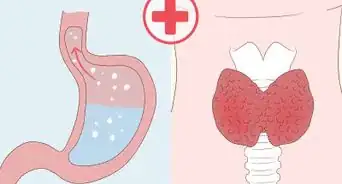














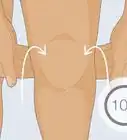



































Medical Disclaimer
The content of this article is not intended to be a substitute for professional medical advice, examination, diagnosis, or treatment. You should always contact your doctor or other qualified healthcare professional before starting, changing, or stopping any kind of health treatment.
Read More...